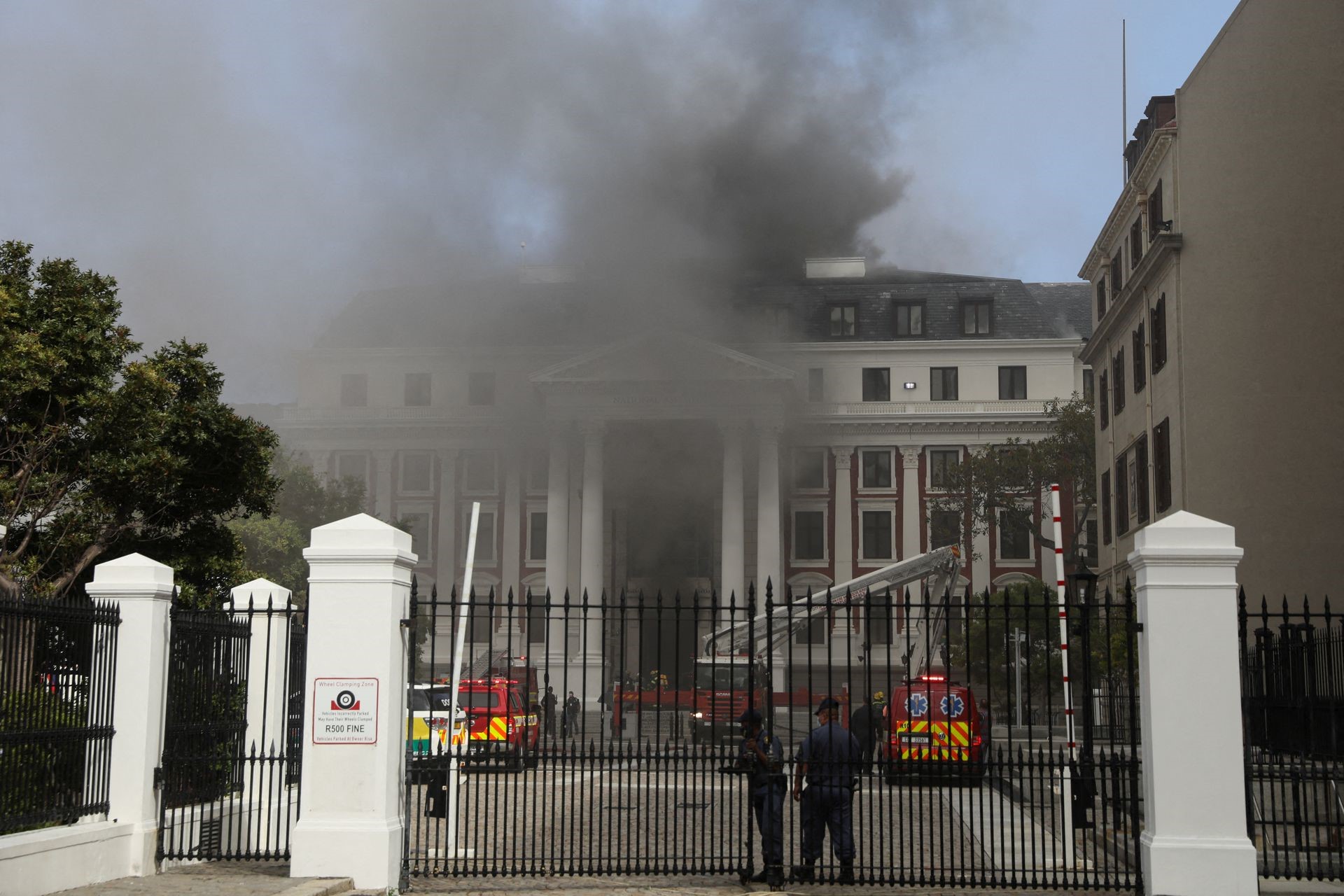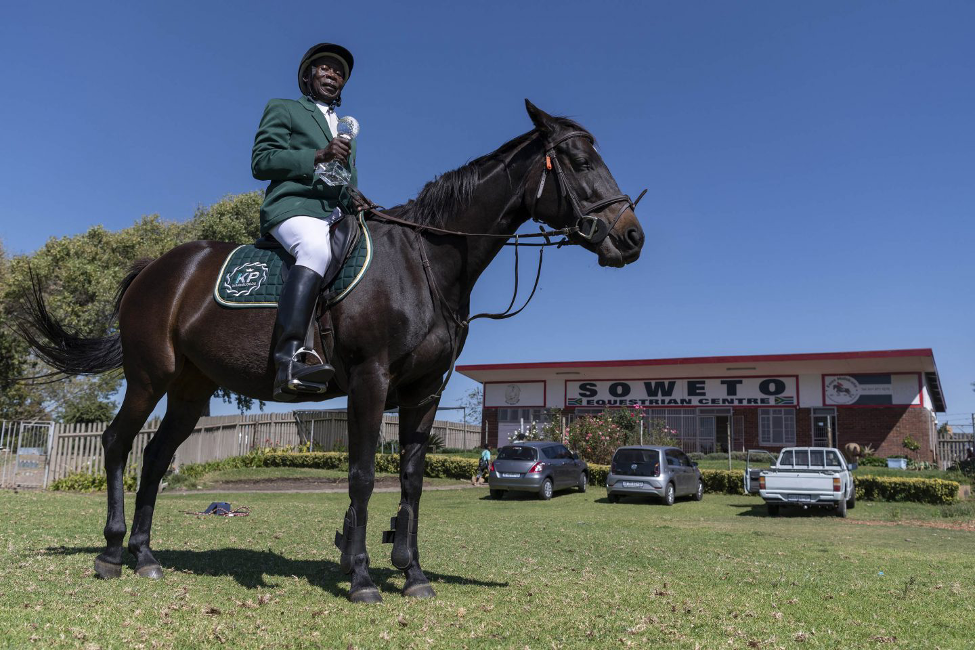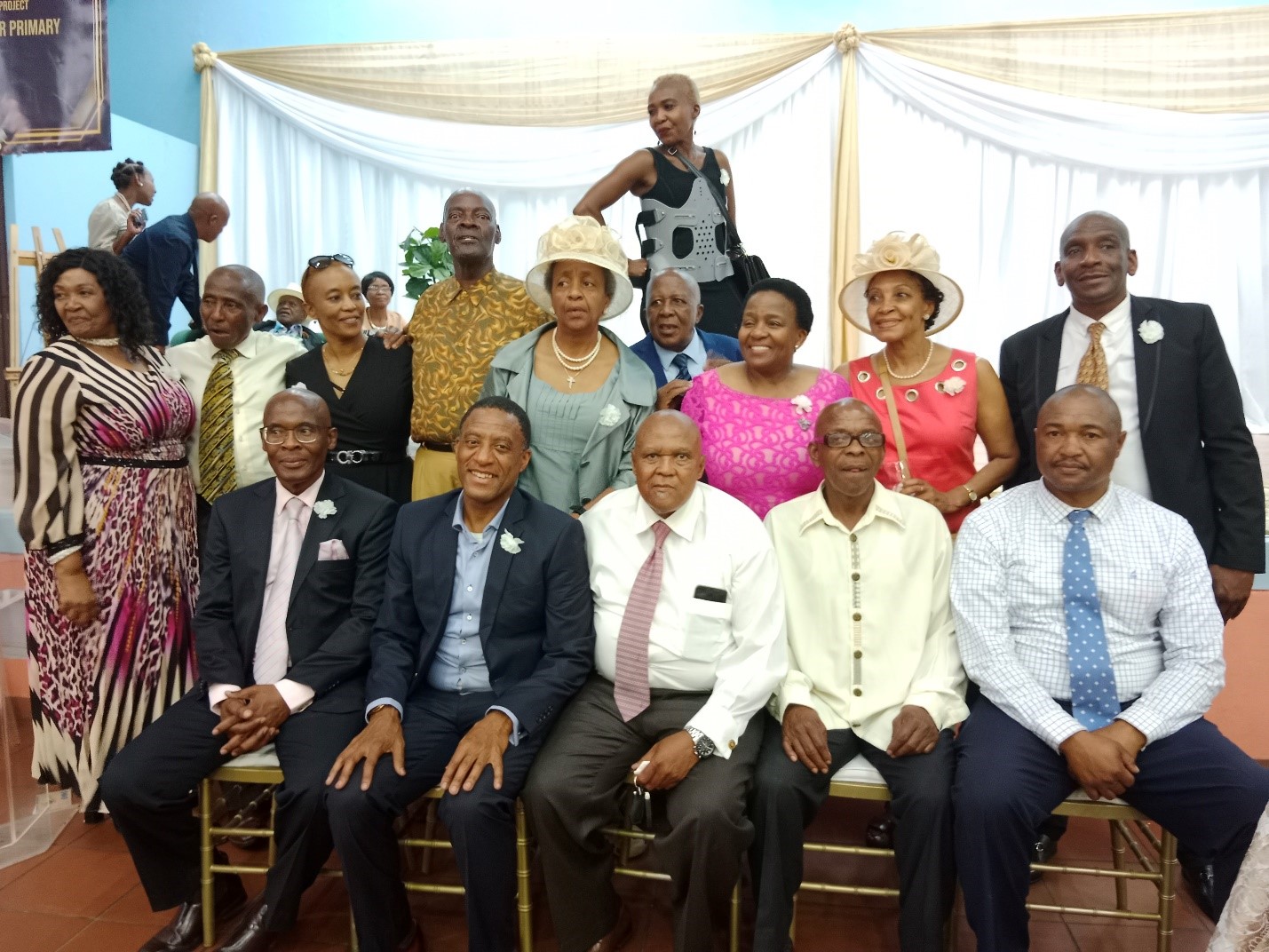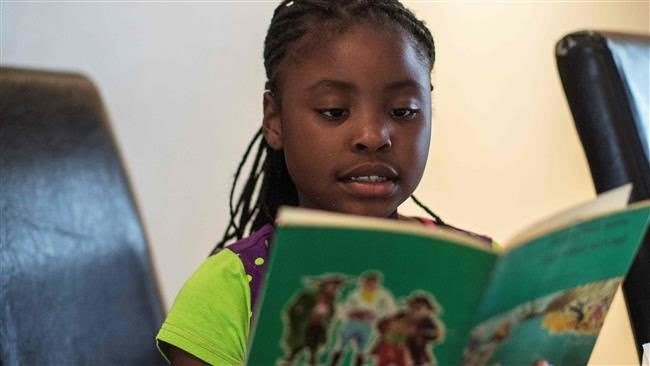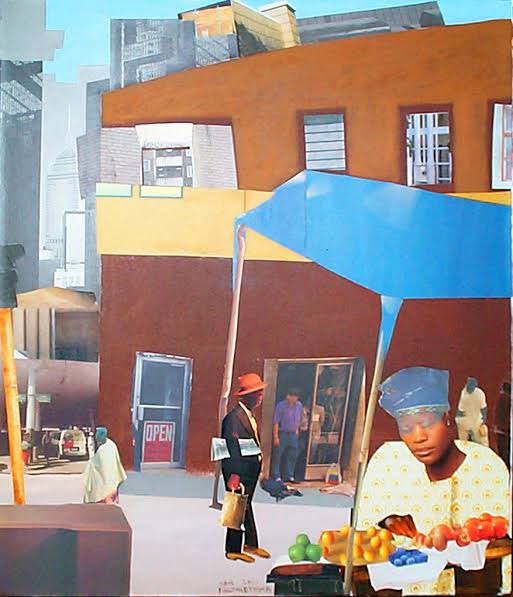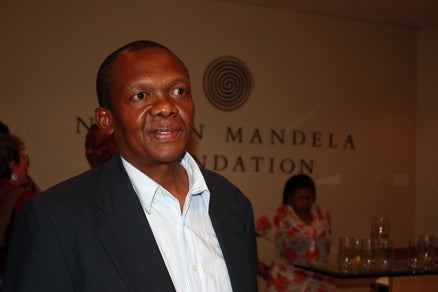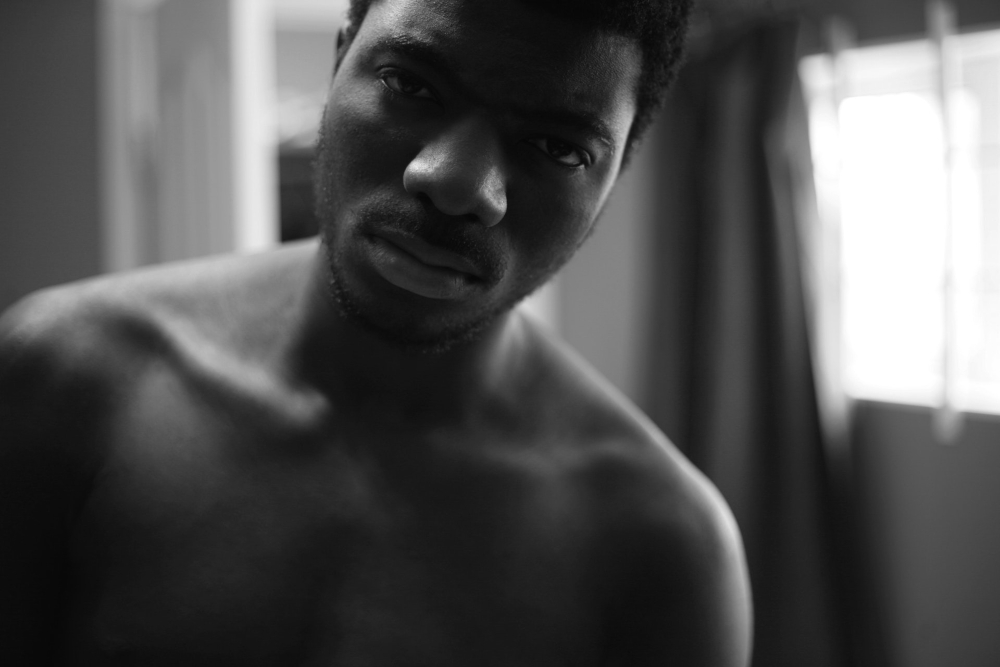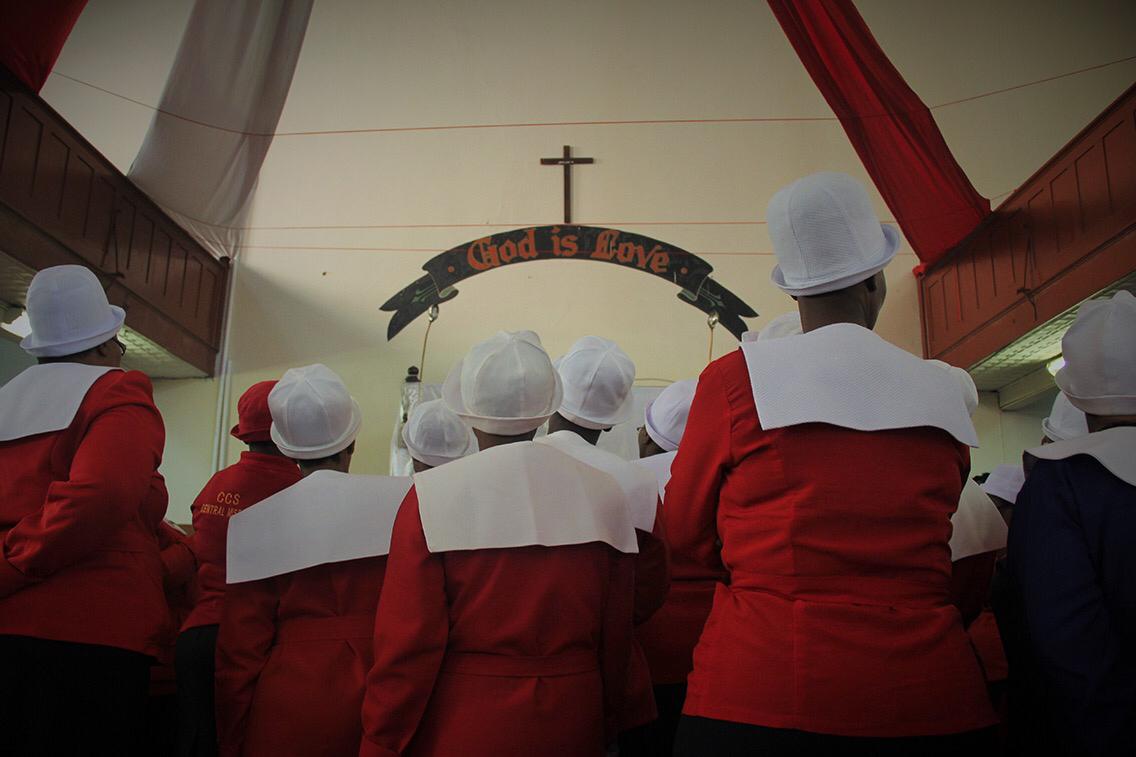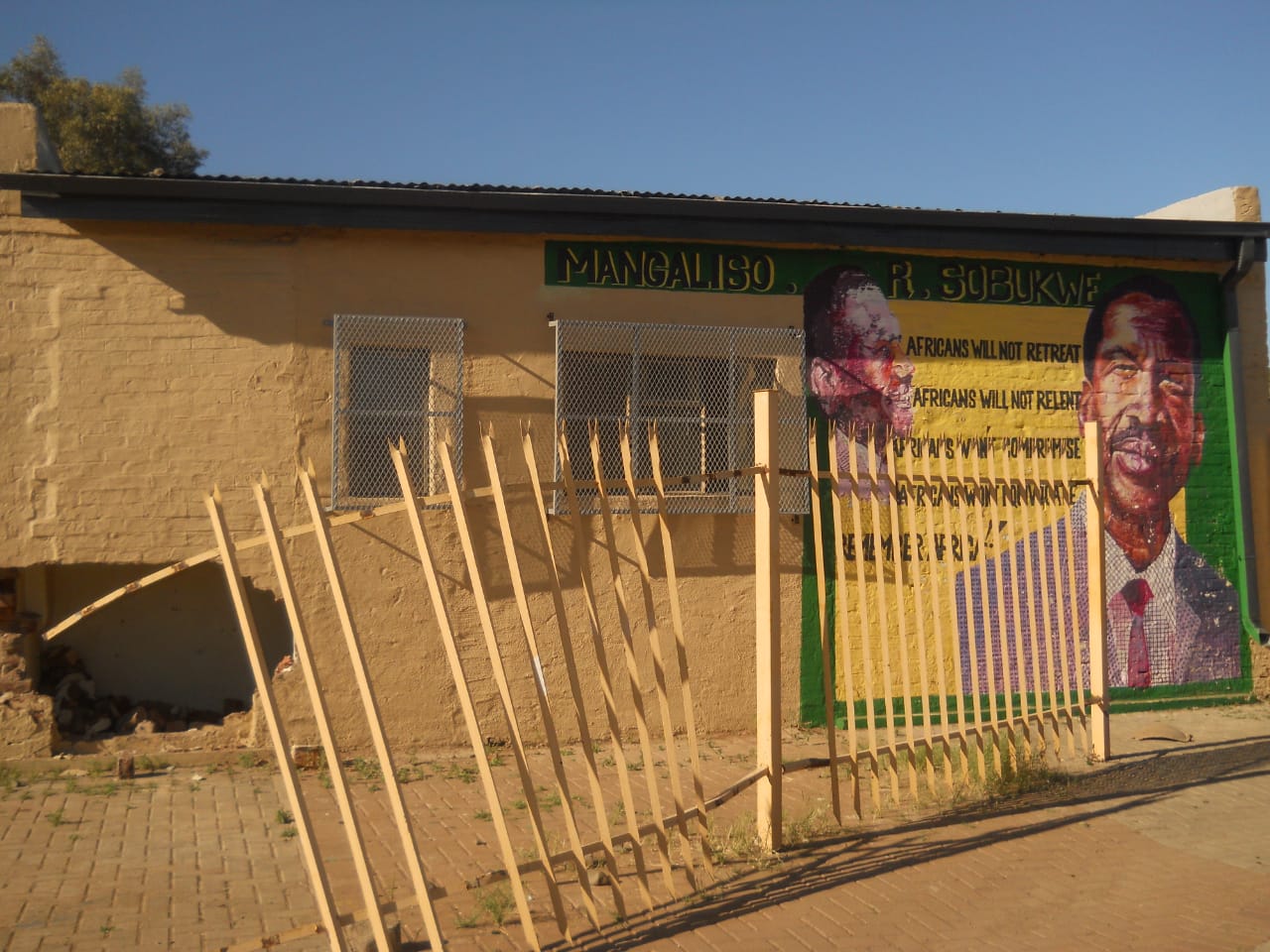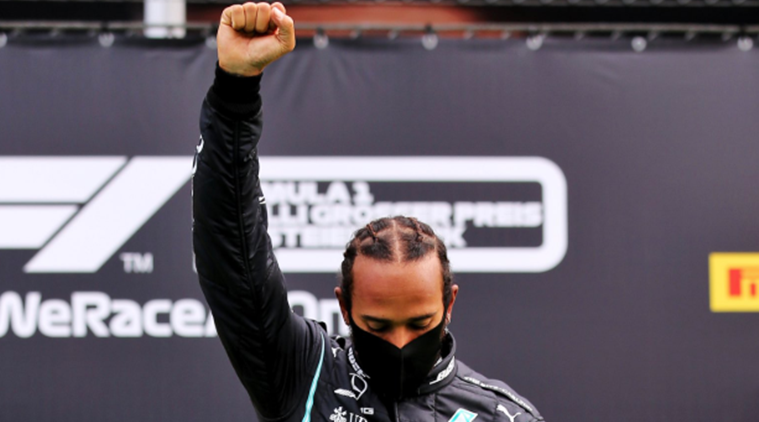The second week of 2022 in South Africa, may aptly be described as calm, in stark contrast to the turbulent maiden week. Let’s ruminate about some highlights, of the first week. Uppermost of the selected highlights worthy of reflection, has to be parliament being set ablaze in Cape Town, followed by the eagerly awaited for hand over, of the first (of three parts) State Capture Report and alas the African National Congress’s (ANC) proceedings, which climaxed with their 50th edition of the January 8th Statement. On Sunday morning of 2nd January 2022, it was discovered that parliament was ablaze. An investigation is underway, to establish details. Fellow South Africans however must not be fooled, by the diversion paid to the court proceedings of the homeless suspected arsonist Sandile Christmas Mafe. Attention must instead focus, on officials of safety and security. Claims of dereliction of duty, under the helm of the Minister of Public Works and Infrastructure Patricia de Lille because amongst others, parliament is no longer insured, are quite telling. Although not all government officials are politically affiliated to the ANC, Patricia de Lille heads the Good Party yet serves in an ANC led government. So her flaws as minister, are attached to the ANC government. In defence of ANC however part of its renewal, as we have witnessed from the coalition era, recently ushered in since the results of the local Government elections (LGE), in November 2021 is the necessity to ponder, about improving their relationships with other political parties.
The latter point is vital because the ANC’s January 8th statement of 2022, emphasized their “safeguarding of democratic gains”. The ANC government’s poor service delivery and malfeasance since 1994, exposes the aforesaid remark as part of ANC’s meaningless rhetoric. Former President Jacob Zuma’s words were deceptive, that ‘ANC will rule until Jesus Christ comes back’. For evidence that Jesus has returned, look no further than the ANC’s decline, to below the 50% mark in the Local Government Elections (LGE) of November 2021 and South Africa witnessing the lowest voter turnout rate, since 1994. That arson attack on parliament (a National Key Point) also demands accountability, from the new Speaker of Parliament Nosiviwe Mapisa-Nqkakula, as the repair and reconstruction bill is rumoured, to cost the state coffers a whopping R1 billion.
Then on Tuesday morning the 4th of January 2022, Deputy Chief Justice Raymond Zondo, finally submitted to President Cyril Ramaphosa at the Union Buildings in Pretoria, the first part (comprising 874 pages) of the Judicial Commission of Inquiry Report on State Capture. This was observably after five extensions, which estimatedly also cost another whopping R1 billion from state coffers. We must pause and just ponder about such wasteful expenditure. The broader public paid less attention, to the fact that the latter hand over, took place amidst the backdrop, of a legal challenge by the public interest group Democracy in Action, led by Thabo Mtsweni. That legal challenge was dismissed and struck off the roll with costs, by Judge Avrielle Maier-Frawley, at the Johannesburg high Court. I join those eagerly awaiting, the outstanding two reports of the Judicial Commission, due out by 31st January 2022 and 28th February 2002.
Later, on the same Tuesday of the 4th of January 2022, the ANC’s National Executive Committee (NEC) convened to wrap up their last minute preparations, for the looming January 8th Statement of 2022. All NEC members were then all expected to arrive in Polokwane, Limpopo on Wednesday the 5th of January 2022. On Thursday morning, the 6th of January 2022, an ANC media briefing was hosted, at the ANC’s Polokwane office, on ‘the state of readiness to host the ANC’s January 8th Statement of 2022’. In short the ANC media team, assured all and sundry of their readiness. The interferences observed on the trail of President Ramaphosa’s itinerary, proved otherwise. Notable instances of hindrances included, the subsequently botched Lilian Ngoyi Memorial lecture, supposedly due to the ANC Women’s league failure, to abide to Covid-19 regulations. That’s strike one! On Friday the 7th of January, President Ramaphosa was compelled to address the Peter Mokaba Memorial lecture to the ANC Youth league (ANCYL) from a van, as ANCYL members complained that the Polokwane Council chambers (the designated venue) was too small. That’s strike two! Later that day at 7pm, he addressed the now infamous gala dinner, due to lights mysteriously going off, where pledges were made as part of ANC fundraising efforts. His address ended in darkness and along with deputy president David Mabuza, they were whisked off. That’s strike three! This left the Treasurer-General and acting Secretary-General Paul Mashatile (Ace Magashule is currently suspended and Jessie Duarte has been sick since late November 2021, from gastrointestinal complications), to allay any security fears to fellow comrades and donors, as what they were witnessing was standard security procedure, in such instances. Predictably Minister of Police Bheki Cele said, an investigation will ensue.
Elsewhere on the same Friday the 7th of January, ANC NEC member Lindiwe Sisulu’s now infamous article, was published Hi Mzansi have we seen justice? It was for the most part ignored until Deputy Chief Justice Zondo responded to it and observant skeptics begun linking it, with the upcoming ANC’s presidential contest in December. By all indications the unofficial race, to lead the charterists has begun. By the time of the climax of the first week of 2022, President Ramaphosa’s delivered a jaded January 8th Statement, to 2000 members of the ANC, who made up the physical audience at Peter Mokaba Stadium. It was explicated that the physical attendance of ANC delegates, were limited for two reasons. The first reason was to avoid ANC’s 110th milestone from being a super spreader event, amidst the fourth wave a la the Omicron variant. The second reason is best explained, in the words of the ANC’s NEC member Nomvula Mokonyane (in that earlier stated media briefing), that the “ANC’s [birthday] party could not go overboard in terms of celebration expenses, as many ANC staffers were still not paid salaries and benefits”. ANC’s misappropriation of funds, among others is due to what William Gumede (see pg. 7 of Mail & Guardian January 7-13 2022) sedately diagnosed, as stemming from the ‘organizational culture’ of ANC, which preceded Oliver Tambo’s initial January 8th Statement delivered in 1972 in Lusaka, Angola. This first week of 2022 insinuates, that we must anticipate a turbulent year ahead in South Africa.
Dr. Tshepo Mvulane Moloi
Postdoctoral Research Fellow - Ali Mazrui Centre for Higher Education Studies and
Research Associate - African Center for Epistemology and Philosophy of Science

